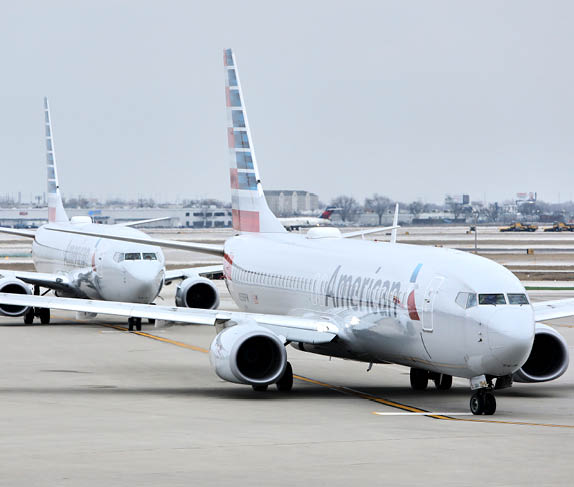Fitch Ratings notes that an uptick in unsecured bond issuance by aircraft lessors could signal that the capital markets are once again becoming a viable financing alternative for the sector.
Aircraft leasing companies, including International Lease Finance Corp. (ILFC) and Air Lease Corp., recently tapped the unsecured market with sizable offerings, underscoring significant investor demand. These companies are seeing improved execution in the unsecured bond market at a time of increased uncertainty within the banking sector, with European lenders particularly stressed.
Fitch views lessors' ability to access unsecured debt positively, as unsecured funding provides leasing companies with increased financial and operational flexibility. Additional unsecured issuance is anticipated assuming the markets remain open, as lessors look to diversify and bolster their funding mix.
While the higher cost of unsecured debt could pressure earnings for some lessors, pricing on recent transactions has not been significantly outside of yields on comparable secured debt. As an example, ILFC recently closed a $900 million five-year secured term loan with a 5.0% effective interest rate, compared to a 5.9% coupon on its recent seven-year unsecured notes.
Fitch’s fundamental outlook on the sector remains favorable due to continued passenger traffic growth, particularly in Asia and Latin America, and a growing market share for lessors as a fleet management solution for airlines around the world. The rating agency believes demand for newer aircraft is likely to remain robust, as emerging countries experience increased demand for passenger airline travel and as airlines in more mature markets seek to modernize their fleets in the face of rising fuel costs.
Still, some negative developments are emerging. For example, increased macroeconomic pressure on European air travel has started to trigger defaults among weaker airlines. This trend, which is likely to persist, will leave aircraft lessors with more repossessed aircraft to remarket and could result in weaker lease rates. Longer term, deliveries of new technology aircraft (A320neo and 737MAX) may put pressure on values and lease rates of current generation aircraft, which dominate lessors' fleets.

